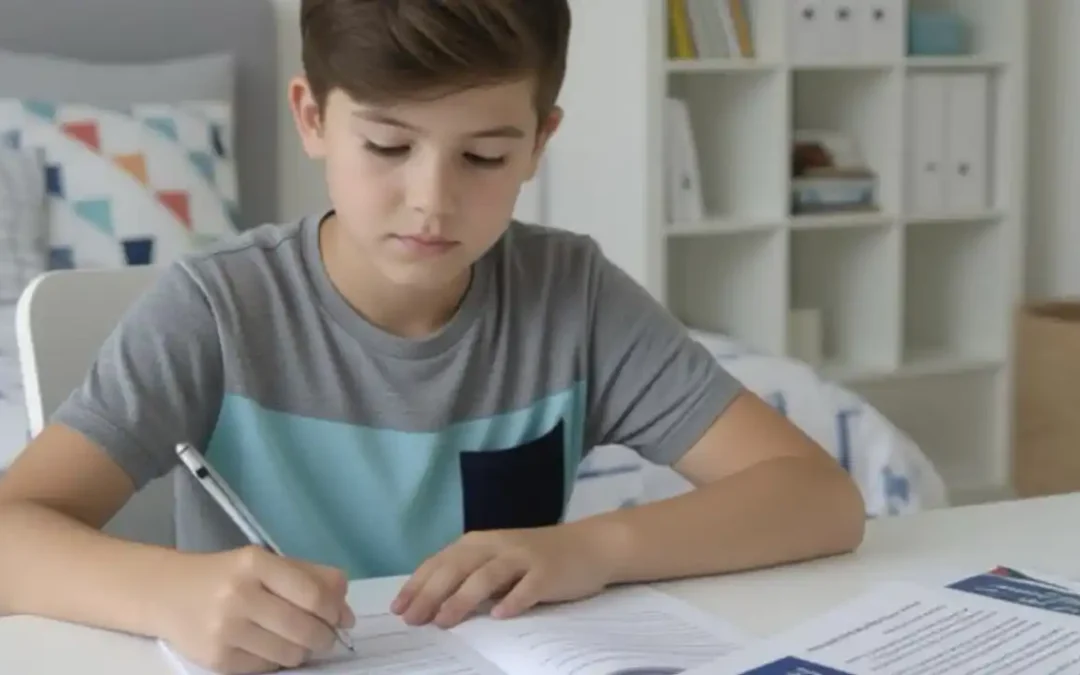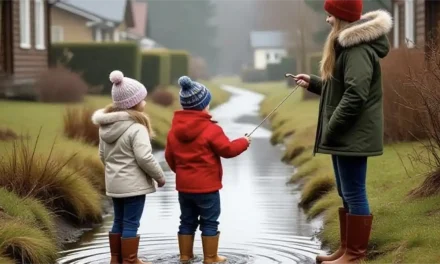
Communication and Expression: Research Deeply Across Sources
C
hildren’s natural curiosity is a flame that must be directed, or it risks dying out under the weight of shallow, easy answers. Teaching them to ask, “Where can we find out — and how do we know it’s right?” trains them in disciplined inquiry, turning wonder into structured exploration, a core skill for scholarship and innovation.
One evening, my daughter asked why rainbows form. Rather than simply telling her, I invited her to propose three places to look for the answer — a science book, a weather website, and an encyclopedia. She cross-checked sources, finding consistent explanations about light refraction. The discovery thrilled her not just because she had an answer, but because she had earned it through structured research.
Strengthen this capacity with a weekly “Research Adventure.” Help your child pick a real-world question and chase answers from at least two different trusted sources, comparing what they find. Keep a “Truth Tracker” notebook to map discoveries. Encyclopedias, science kits, and verified websites can be valuable tools. Over time, they’ll learn that real understanding requires work — and that discovery is all the sweeter for it.
Communication and Expression

Communication and Expression: Master Persuasive and Precise Language
Effective communication opens doors. Help children use language with clarity, respect, and confidence in discussions and writing.

Communication and Expression: Build Arguments with Evidence
Children learn to persuade respectfully when they use evidence. Guide them to support claims with clear reasoning and thoughtful proof.

Communication and Expression: Distill Core Ideas from Complexity
Show children how to find the important idea in a sea of information. This skill builds clarity, confidence, and strong communication.
Table of contents

Primordial Soup for the Mind: Navigation
Navigate the book Primordial Soup for the Mind.
TIPS
- Ask “Where can we find out more?” to trigger deeper search
- Encourage using more than one trusted source
- Praise careful checking for accuracy
- Use curiosity starters from nature or headlines
- Keep a discovery log to celebrate learning
ACTIVITIES
- Fact Quest: Pick a question, explore a book and a website, compare — 10 min
- Source Match: Read two explanations of a topic, find what agrees — 10 min
- Inquiry Log: Ask a “why” question, log where you found the answer — 10 min
TOOLS
Library books, kid-safe search engines, Truth Tracker journal

Download “Primordial Soup for the Mind: A Parent’s Guide to Nurturing Intellectual Growth”
Enter your information to get this article and hundreds more as part of the FREE book Primordial Soup for the Mind.
Share your thoughts with the Thought Academy community in the Comments section below.

Sharpen those skills!
Enter your information to get our FREE practice exercises so you can hone your critical thinking and reasoning skills!







0 Comments